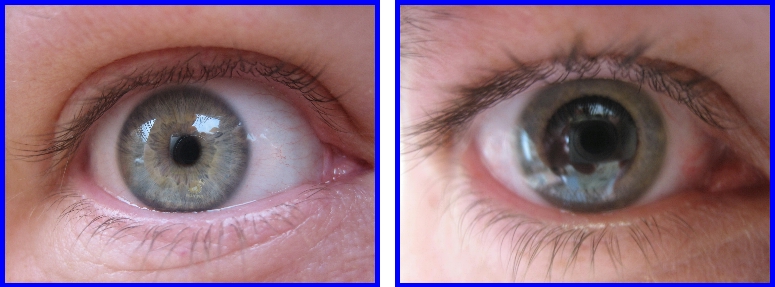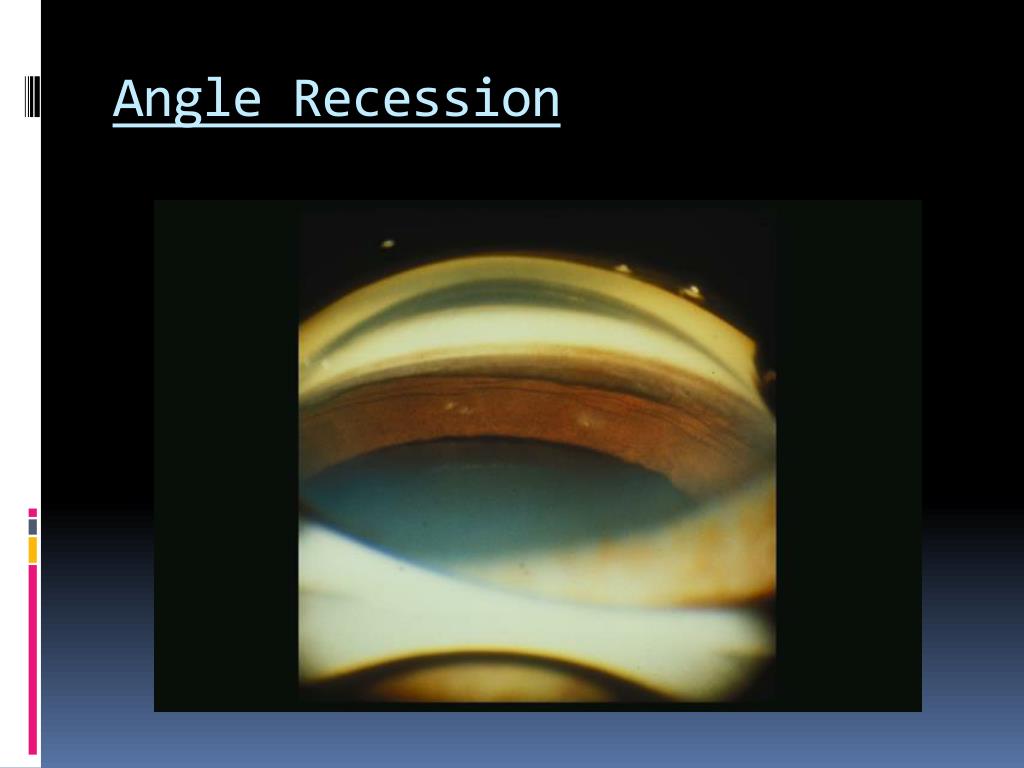

Traumatic brain injuryĪ brain injury can cause increased intracranial pressure, which can affect your eyes. If you have cranial nerve neuropathy, you may also experience other symptoms in your eyes, such as impaired vision. Cranial nerve neuropathy can affect one or both eyes. The oculomotor nerve affects the constriction and dilation of the pupils, so damage to it could lead to mydriasis. Cranial nerve neuropathyĬranial nerve neuropathy refers to gradual damage of the nerves that go to the eye. While BEUM is not a dangerous condition, a complete examination of the eye and nervous system is necessary to ensure there is not a more serious cause. In some cases BEUM also occurs during a migraine headache. Often individuals with this condition will also experience a mild headache, eye pain, light sensitivity, and blurred vision during these episodes. Benign Episodic Unilateral Mydriasisīenign episodic unilateral mydriasis (BEUM) is a temporary condition that creates a dilated pupil in only one eye. The extent of drug abuse will determine the severity of the symptoms.

Stimulants such as cocaine increase levels of serotonin and cause similar effects on the eyes. Hallucinogenic drugs, such as LSD, affect the serotonin receptors in the brain, which can lead to dilation. Using drugs such as cocaine, ecstasy, hallucinogenics, and crystal methamphetamine can lead to mydriasis. Oxytocin primarily causes psychological effects, such as increased emotional attachment and sexual arousal. Research suggests that higher levels of oxytocin may help heighten the response to human faces. It also plays significant roles during childbirth. Oxytocin is released because of exercise and intimate physical or social interactions with other people. Increased levels of oxytocin may lead to a temporary mild to moderate dilation of pupils. Other symptoms will vary depending on the cause of your injury. This can disrupt the normal response pupils have to levels of light in the environment. Injury to the eye, such as blunt force trauma, may damage the nerves controlling the pupils or the iris, the pigmented part of your eye. Stopping these medications should return your pupils to normal. If mydriasis is caused by prescription medication, you may also have blurry vision and dizziness. They can also cause constipation, dry mouth, and decreased sweating.Īnticholinergics are typically found in prescription drugs. Anticholinergics cause your pupils to become more dilated. These are some of them: AnticholinergicsĪnticholinergics are substances that block specific chemicals from being transmitted to the eyes, as well as to certain muscles and glands. Mydriasis can happen for many different reasons.


 0 kommentar(er)
0 kommentar(er)
